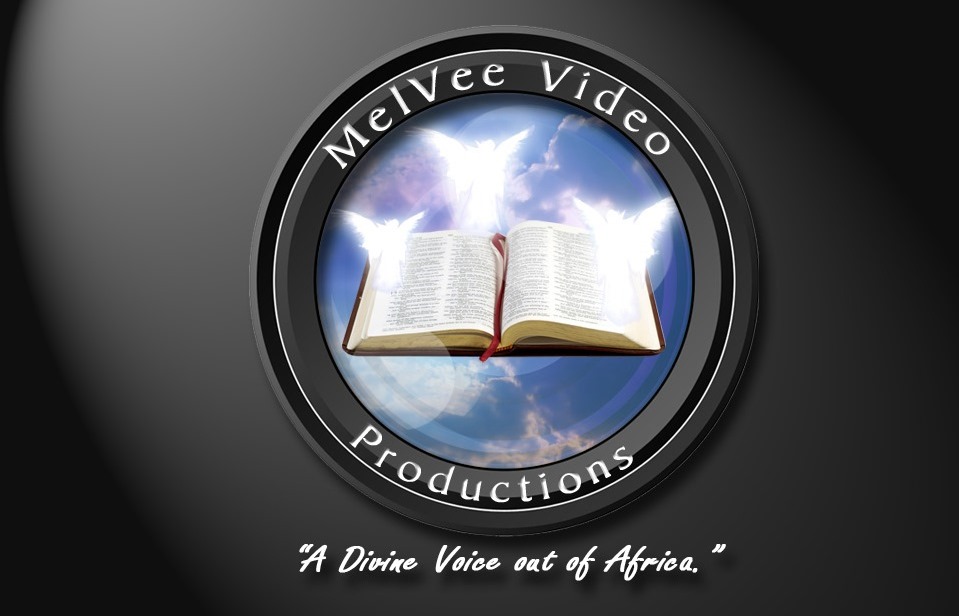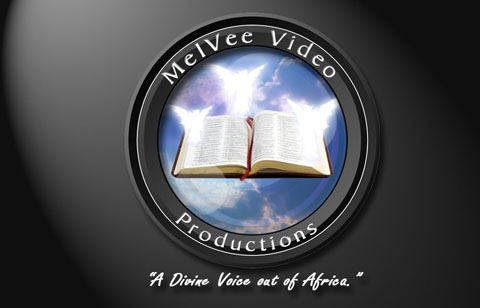By Melusi Ndhlalambi, Certified Life and Relationship Coach
Introduction
Forgiveness, often touted as a panacea to emotional wounds and relational rifts, remains an elusive virtue for many professed Christian believers. Jesus’ teachings on forgiveness are profound and central to His message of love, redemption, and reconciliation. In Matthew 6:14-16 Jesus emphasizes the importance of forgiveness: “For if ye forgive men their trespasses, your heavenly Father will also forgive you: 15 But if ye forgive not men their trespasses, neither will your Father forgive your trespasses.”
In Luke 23:34, during His crucifixion, Jesus forgave those who were responsible for His suffering. He prayed, “Father, forgive them; for they do not know what they are doing.”
This act of forgiveness demonstrates that any sin can be forgiven. In John 20:23 Jesus tells His disciples, “If you forgive anyone’s sins, their sins are forgiven; if you do not forgive them, they are not forgiven.” Here, He emphasizes the power of forgiveness and its role in healing and reconciliation.
On the outset, I want to clearly outline that forgiveness is a transformative force that allows us to turn away from sin, reconcile with others, and experience God’s love and grace. Jesus’ teachings encourage In Matthew 5:23,24, Jesus taught that forgiveness and reconciliation precede worship of God. We cannot truly worship God if we have a grudge and resentment for someone. He taught, “Therefore if you bring your gift to the altar, and there remember that your brother has something against you, leave your gift there before the altar, and go your way. First, be reconciled to your brother, and then come and offer your gift.”
However, the path to forgiveness is riddled with psychological roadblocks, keeping grudges alive and impeding healing. While the act of forgiving is universally acknowledged as virtuous, rarely do we consider how our own minds serve as formidable adversaries in this process. Our conscious ability to think and do can hinder us. This article delves into the intricate maze of our psyche, unravelling three surprising cognitive machinations that inhibit our capacity to forgive.
- Cognitive Dissonance: The Siren of Self-Justification
Resistance to Change
The concept of cognitive dissonance refers to an internal psychological conflict that occurs when our beliefs do not align with our actions or new information. This dissonance triggers an unconscious resistance within us. When confronted with the prospect of forgiveness, dissonance emerges between the act (of forgiving) and our sense of a just world (where wrongs are to be punished). Our mind, preferring harmony, shies away from this new alignment, favouring familiar territory over the tumultuous process of change. Our minds prefer to conserve energy which prevents us from confronting the need for change.
We go through what I call “The Cycle of Self-Justification” in which our minds spin intricate narratives to soothe the cognitive dissonance stirred by the thought of forgiveness. We massage facts and amplify the pain inflicted upon us to justify our unwillingness to forgive. In holding onto resentment, we tap into a wellspring of self-justification, drawing from it to weave our version of events where forgiveness is not owed but rather withheld as a form of righteous indignation.
For the believer cognitive dissonance manifests itself in one believing that God is a gracious forgiver and can cleanse us from sins. Yet the same believer’s mind tells them that our sins are too graphic and gross to be forgiven. The natural mind says sin is distasteful to God but I draw pleasure from it, therefore, I must keep the door open to return to feed on my filthy pleasurable habits.
We enter a cycle of self-justification in which we massage our sins, amplify the pleasure we receive from doing it and justify our unwillingness to repent and forsake our sin. We justify our brokenness and refuse to bring it to God.
2. The Anchoring Effect: Misremembering To Suit Our Narrative
Anchoring to Negative Emotions
The anchoring effect denotes our tendency to rely too heavily on the first piece of information we encounter (the “anchor”) when making decisions. Applied to forgiveness, the initial impact of the hurt often acts as an anchor.
Once anchored, our perception of the offence and the offender is cemented, making it difficult to see anything but the negative aspects. Our own minds betray us, pushing us to remember events in light of the anchor, rekindling resentment each time the memory is recalled.
The Elasticity of Memory
Recollections are not static; they stretch and contract with each recollection. While we believe memories are reliable, studies show they are pliable and prone to manipulation and transformation. As we recall the offence with an entrenched negative bias, memories become tainted, exacerbating the difficulty of forgiveness. We misremember — sometimes dramatically, altering the emotional landscape of the past to align with our anchored feelings of hurt.
The Paradox of Empathy
Selective Empathy
Empathy is the ability to understand and share the feelings of others. Paradoxically, the capacity for empathy that binds us can also divide us. Our minds often exhibit selective empathy, extending it generously to those within our in-group but withholding it from those we perceive as outsiders or wrongdoers. Empathy’s double-edged sword cuts a divide between us and the ones we need to forgive, enforcing the notion of us versus them.
The Empathy Gap
Furthermore, the gulf between understanding someone’s behaviour and condoning it creates an empathy gap. We mistake understanding for agreement, fostering a reluctance to step into the shoes of the person who caused us hurt. We want to receive God’s forgiveness but we are hesitant to give it to those who hurt us.
In navigating the complex calculus of human emotions, we find that the distance between cognitive empathy (understanding another’s perspective) and affective empathy (sharing their emotions) is often too great to bridge — therein lies the paradox. We can intellectually appreciate the circumstances leading to their actions but emotionally distance ourselves from their pain, thus hindering the journey towards forgiveness.
Forgiveness is as much about overcoming psychological barriers within as it is about extending an olive branch to another. The mind’s gambit holds sway over our ability to forgive, casting long shadows of cognitive dissonance, the anchoring effect, and a paradoxical empathy that we must systematically confront and dismantle.
Recognising these mechanisms is but the first step on the road to forgiveness. Strive to actively challenge self-justification, re-evaluate anchored emotions, and bridge the empathy gap. Only by addressing these internal adversaries can we truly liberate ourselves from the chains of resentment and embrace the transformative power of forgiveness.
If forgiveness is the destination, then self-reflection and a conscious reorientation of our mental faculties are the stepping stones that lead us there. As a believer, this requires you to acknowledge that the challenge you face in forgiving others comes from an internal dissonance that misunderstands the love and grace of God in our lives and those who offended us, that our flesh minds are doing everything to anchor us in our hurt and refuse to forgive. We must commit, by the power of the Holy Spirit to deliberatively and patiently (daily) tell our minds that it’s okay to forgive. We must tell our minds daily to surrender to the Spirit of God, and be patient with our weak, degenerate, limited and complex human condition which sometimes is a product of our thinking.

